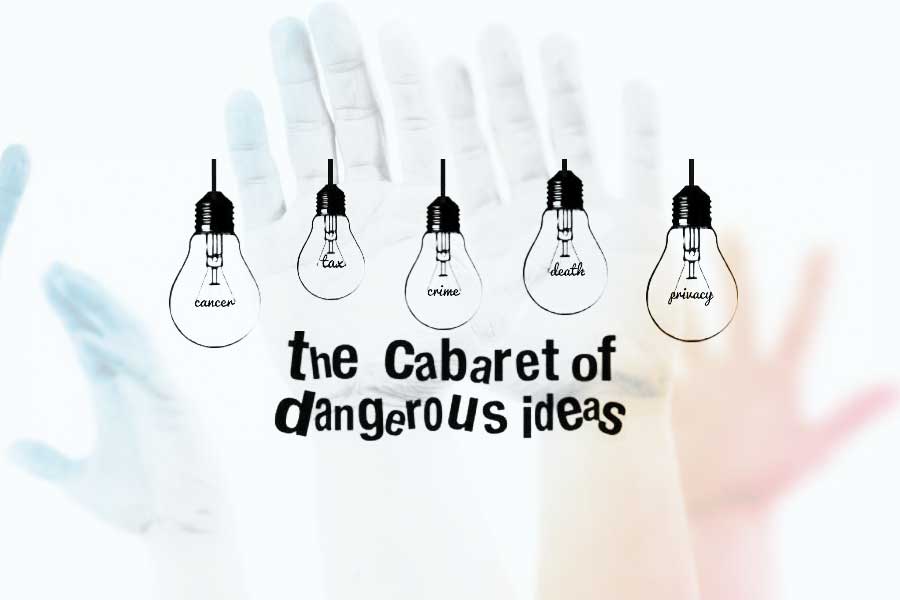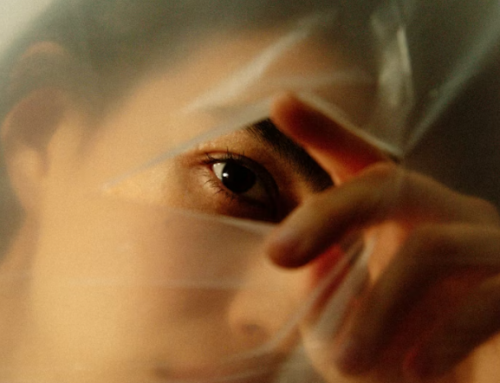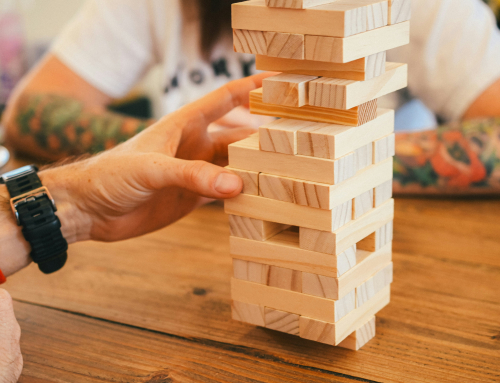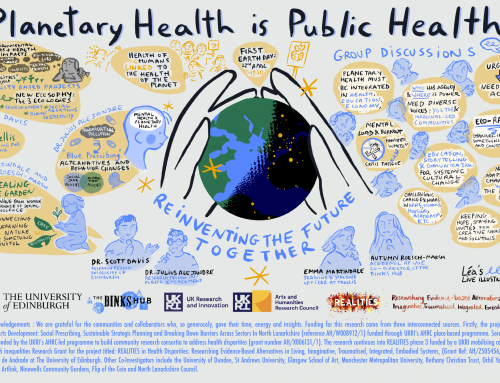In August 2017, I decided to take Measuring Humanity to the Edinburgh Fringe Festival as part of the Cabaret of Dangerous Ideas.
It was properly terrifying!
Switching my office and the community for a stage, I put forward that Measuring Humanity questions ‘what is evidence’? I suggested that the arts – all forms of art and the act of humans coming together – is a type of ‘evidence’ that can be systematically captured and used to ‘measure’ changes in health, wellbeing and inequalities.
It’s a way of thinking, a way of being, a way of doing, a way of collecting data, a way of objectifying the subjective – a show about accessing ‘truth’ from diverse communities through creative community engagement. And then convincing policymakers that sometimes the only way we can access ‘truth’ and ‘evidence’ from the most marginalised in our society is through the arts.
In the one hour show compered by comedian Susan Morrison (and with the help of a toy cat on the mat and Belle Jones who sang ‘Dear Human’ live, I spoke about the challenge of convincing some academics, funders, policymakers, health bodies – those who hold the purse strings – that the creative and relational are just as important as quantitative measures in health, wellbeing and social justice.
I suggested that we need to start thinking about ‘evidence’ differently – music, art and creativity are a part of this inquiry. How can creative approaches challenge structural causes of inequality?
‘Validating the feels’ – or getting these approaches ‘quality assured’ – calls for a reconceptualization of the evidence-base as you’re trying to represent community members’ lived experiences. And as our experiences can be radically different, how do you turn this into a statistic to legislate at the population level?
You can read my full Cabaret of Dangerous Ideas interview here!
Around the same time, I’d been speaking to Audit Scotland about Validating The Feels, who reflected on this as they launched their report on Self Directed Support.
So Audit Scotland and I are thinking along the same lines – who knew! Maybe not such a dangerous idea after all, but time to really push boundaries to situate creativity and relationships right next to positivist approaches in the evidence-base.
Marisa





